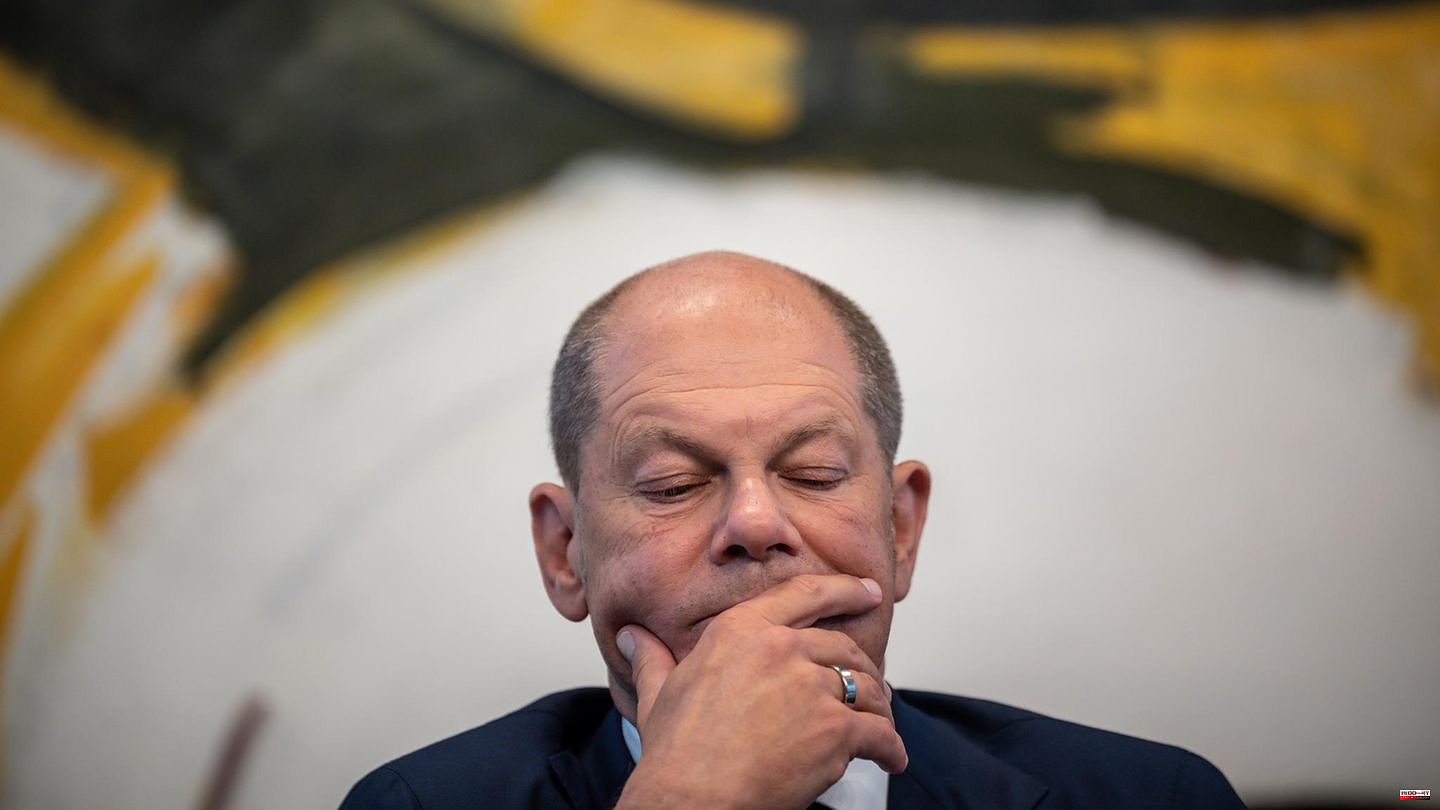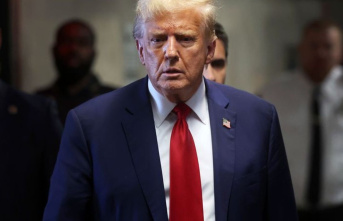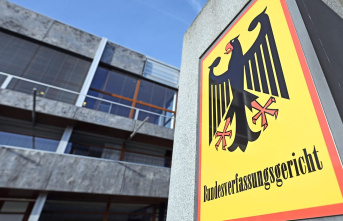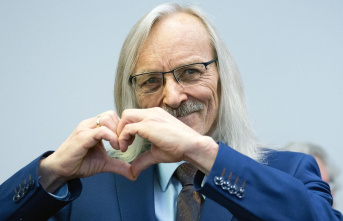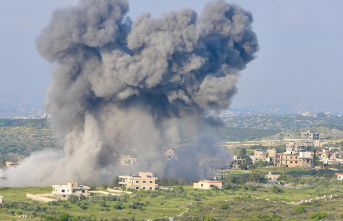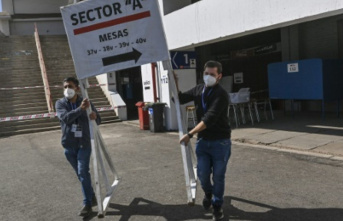"The traffic light delivers." This is a much-used sentence in response to the 65 billion euro relief package presented by Chancellor Olaf Scholz (SPD) and the leaders of the three coalition parties on Sunday morning in Berlin. Above all, the energy price brakes and subsidies, the one-off payments to pensioners and students that have been missed so far, the adjustment of the cold progression in tax law and the nationwide valid successor to the 9-euro ticket are praised above all - not least from our own ranks.
Nevertheless, there is also criticism. This comes mainly from climate protectors - although Greens co-boss Omnid Nouripour saw during the press conference that the measures against the climate crisis that had already been launched were not affected. "The relief package takes fossil steps backwards and does not provide sufficiently fair answers," tweeted Fridays for Future Germany. The climate activists also criticize the increase in the price of the 9-euro ticket as "unambitious".
The deputy head of the Expert Council for Climate Issues, Brigitte Knopf, also sees "bad signs for climate protection" in addition to positive decisions. Above all, the fact that the increase in the CO2 price will be postponed by a year undermines the credibility of the traffic light in climate protection. The reduction in VAT on gas and the increase in the long-distance commuter allowance also counteract climate protection measures.
"This is more of a work program for the government than an immediate relief package for the citizens," said Jens Spahn (CDU), the deputy leader of the Union parliamentary group, to the news portal T-Online. For many important points, there is nothing concrete apart from headings – and according to Spahn, the biggest problem, the gas price, there is a blank space: "Here, people are put off with a commission."
In addition to praise, economists also criticize individual decisions in the package. In the "Frankfurter Allgemeine Zeitung" the economist Veronika Grimm from the German government's council of experts emphasized the targeted support of particularly burdened groups such as pensioners and students. Grants would be given primarily to people who cannot cushion the hardship themselves.
According to Grimm, the planned measures on the electricity market and to protect particularly burdened gas customers are not yet specific enough. When skimming off "accidental profits" one should not overshoot the target in order not to make investments unattractive. "We urgently need these investments in order to overcome the energy crisis in the medium term."
Ifo President Clemens Fuest told the "Bild" newspaper that the package had light and shadow. The government is clearly trying to let prices and thus incentives to save energy work. However, the support is not targeted enough. "Here you are partly on the road with the watering can." The relief in electricity prices would also benefit households with higher incomes. He described a tax and duty exemption for additional payments to employees as "not sensible". "The state should leave wage setting to the collective bargaining partners."
The scientific director of the Institute for Macroeconomics and Business Cycle Research (IMK) of the trade union-affiliated Hans Böckler Foundation, Sebastian Dullien, praised many "important and sensible" individual measures in the package - such as targeted support for pensioners and students, increasing child and the adjustment of the citizen benefit. This would close some gaps in justice.
Left faction leader Amira Mohammed Ali doesn't see that at all: "300 euros for pensioners and 200 euros for students are a joke," she tweeted. First these groups got nothing, now they should be satisfied with "crumbs". Her party colleague Bernd Riexinger described the package as a "disappointment". Left co-group leader Dietmar Bartsch added to the news portal T-Online: "The plans will not prevent the impoverishment avalanche that could roll over Germany in winter."
According to a statement, AfD party leader Tino Chrupalla criticized the planned measures as "expensive symptom control". All relief measures are only short-term solutions as long as the causes of the price explosion are not addressed. "Instead of state redistribution and planned economic interventions, what is needed is targeted relief from consumption taxes on food and energy and the abolition of the CO2 tax."
Star pianist Igor Levit summarized himself very briefly: "You did well".
With material from DPA

